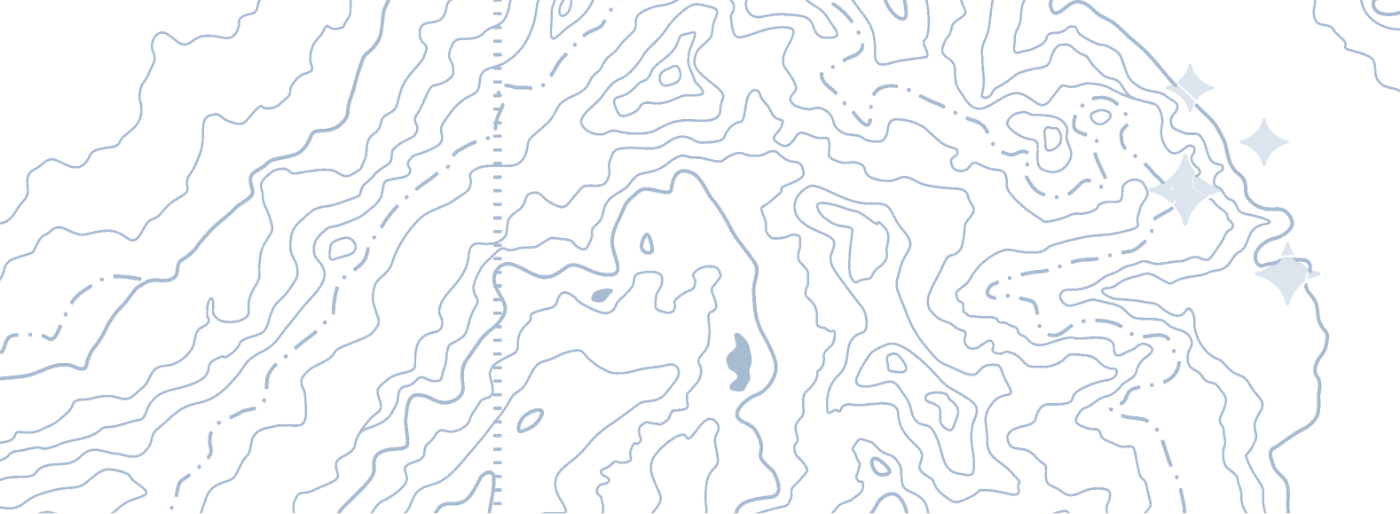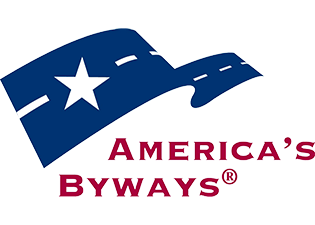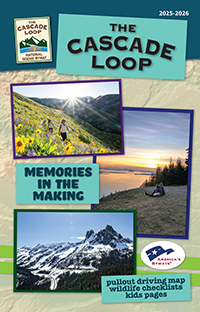By Roni Freund. Photos by Pete Freund Photography.

Much of the Cascade Loop travels through forests, open range land and orchards, which are abundant with all variety of wildlife. Rocky Mountain mule, Columbian black-tail and White-tailed deer are prolific in the Cascade foothills, and are regularly sighted alongside the road as you travel between communities, and occasionally a buck or doe may wander through a yard or parking lot where you don't expect them.

The best times of year to spot deer is fall through spring, when they tend to forage in orchards and yards (they are fond of black sunflowers from bird feeders). The heat of summer sends them to the higher elevations where it is cool, but you will still see have plenty of opportunity to see them as you drive Stevens and North Cascades passes.
You are more likely find them out in the early hours, and late in the day, but in many areas where they are comfortable they may have a route they take from one side of a valley to the other, from feeding grounds to water and back.

Does give birth to from one to three fawns when the weather reaches appropriate temperatures, which is typically mid-June in Leavenworth. The mule deer fawn pictured here spends its time splashing in the refuge and napping in the tall grass. When momma wanders too far as she feeds, the fawn will cry from its hiding place, letting mom know he wants her to return.

During late winter/early spring the buck begin to drop their antlers, and within weeks can begin growing again. They grow as much as a quarter inch each day, and are covered in a thin protective layer called velvet until they harden later in the summer.
Fall is the rutting season, and if you are fortunate, you may witness a battle between two bucks over their dominance in the herd. As winter approaches, family units may gather into larger herds and this is when they are most visible against the snow of the Eastern side of the Loop.














